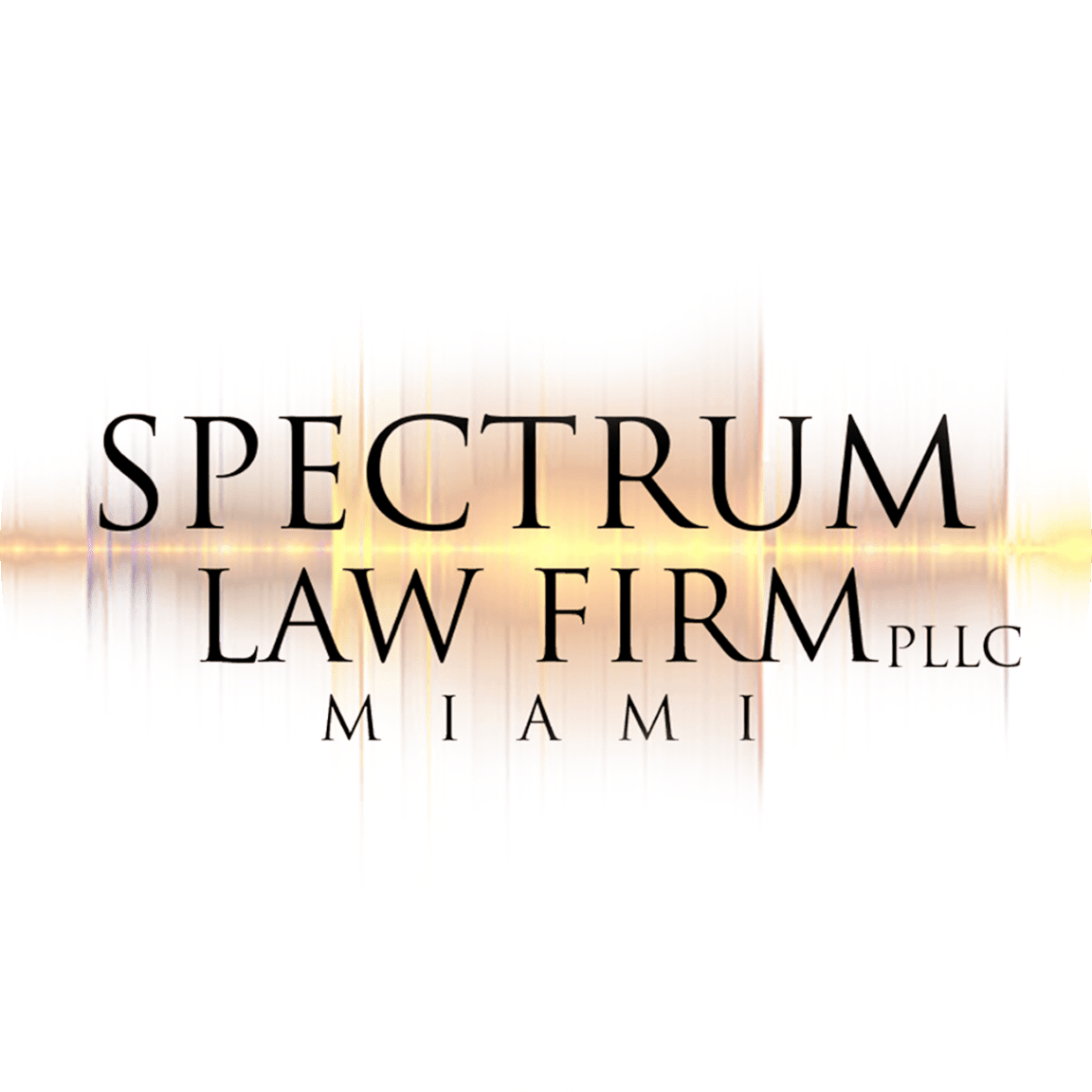
Guardianship Made Simple

Published on April 19, 2023.
A Roadmap for Families of Autistic Children in Florida
Autism is a developmental disorder that affects communication, social interaction, and behavior. According to the Centers for Disease Control and Prevention (CDC), about 1 in 36 children in the United States is diagnosed with autism spectrum disorder (ASD), with boys being four times more likely to be diagnosed than girls. For autistic individuals who are 18 or older and may need assistance with decision-making and daily living activities, guardianship may be necessary.
In Florida, guardianship is a legal process that grants a person or entity the legal authority to make decisions on behalf of someone who is incapacitated. An incapacitated person is defined as someone who has been determined by a court to lack the capacity to manage their own affairs. Guardianship for autistic individuals is a complex issue, and the court process for establishing guardianship can be overwhelming. In this blog post, we will outline the guardianship court process in Florida and provide some relevant statistics.
Guardianship Court Process in Florida
The process for establishing guardianship in Florida involves several steps under two main court processes - CAPACITY DETEMINATION and APPOINTMENT OF GUARDIAN.
CAPACITY DETERMINATION
- Petition to Determine Incapacity: The first step in the guardianship process is to file a petition with the mental health court. The petitioner must demonstrate that the person in question is in need of a determination of capacity to justify the need for appointment of a guardian.
- Court-Appointed Attorney: After the petition is filed, the court will appoint an attorney to represent the interest of the alleged incapacitated person aka AIP.
- Examination: After the petition is filed, the court will appoint an examining committee consisting of at least one physician or licensed psychologist and two other individuals with relevant expertise. The committee will evaluate the person's capacity and submit a report to the court.
- Notice and Hearing: The person in question must be served with a notice of the capacity determination proceeding. A hearing will be held to determine capacity of the AIP and whether it is necessary for a guardian to be appointed.
- Order on Petition to Determine Incapacity: The court will enter an order determining whether the person is totally incapacitated, partially incapacitated, or not incapacitated.
APPOINTMENT OF GUARDIAN
- Petition for Appointment of Guardian: The first step in the guardianship process is to file a petition for guardianship with the court. The petitioner must demonstrate that they are qualified to serve as guardian based upon an Application for Appointment as Guardian, Background Check, Credit Check, and their Petition to the court.
- Notice and Hearing: The person in question must be served with a notice of the guardianship proceeding. A hearing will be held to determine who should be appointed as guardian.
- Appointment of Guardian: If the court determines that the proposed guardian is qualified, it will appoint them as guardian of the person, property, or both (plenary guardian). The guardian may be an individual or an entity, such as a professional guardian.
- Reporting and Monitoring: Once a guardian is appointed, they must file annual reports with the court detailing the ward's condition and the decisions that were made on their behalf.
Autism in the Courts
According to the Office of the State Courts Administrator, increasingly, Floridians seek help from the State Courts System when they or loved ones need their interests protected. Guardianship cases for adults have increased steadily, with more than 7,300 cases to establish guardianship filed in the 2017-18 fiscal year, a 13 percent increase from five years previous. It is estimated that nearly 50,000 Floridians with developmental disabilities are under guardianship. Each year thousands of guardianship cases are filed in Florida, with a sizeable number of those cases involving adults who are developmentally disabled. This highlights the need for understanding and awareness of guardianship for autistic individuals.
Conclusion
Guardianship for autistic individuals is a complex issue, and the court process for establishing guardianship can be overwhelming. However, guardianship can provide the necessary legal authority to make decisions on behalf of individuals who may need assistance with decision-making and daily living activities. If you are considering guardianship for an autistic loved one, it is important to consult with an experienced attorney to guide you through the process.
Our team has the knowledge and personal experience that you need to work through this process! Contact our office today at 888-959-8264 or BOOK ONLINE to schedule a consultation regarding your guardianship matter.
Contact Us
If you have any requests for a speaker, community event or vendor opportunity, contact us through this form and we'll respond as soon as possible.
Disclaimer: The information provided on this page is for informational purposes only and does not create an Attorney-Client relationship.
undefinedGet in Touch
By Appointment Only
1975 E Sunrise Blvd Ste 826, Fort Lauderdale, Florida, 33304Call us:
(888) 959-8264Contact us:
[email protected]Visit our other site:
sociatap.com/spectrumlaw